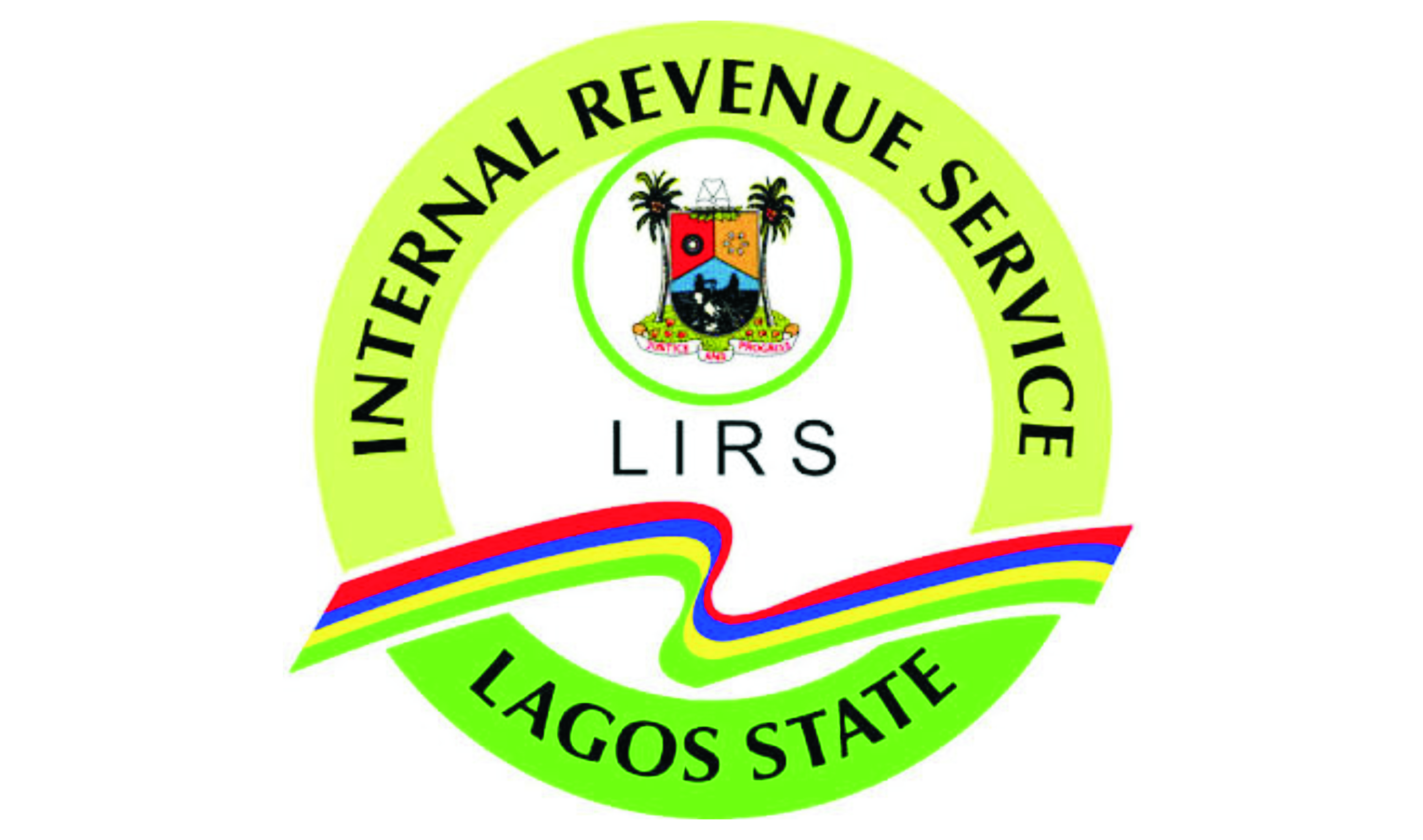Business
Nigeria Urged To Grow VAT Revenue

The Economic Community of West African States (ECOWAS) has raised concern over the low contribution of Value Added Tax to the tax revenue rate in Nigeria.
The Africa’s regional organization blamed the setback on policy decisions and compliance rate in the country.
ECOWAS Director of the Customs Union and Taxation, Salifou Tiemtore, expressed the concern in Abuja during a workshop on the production of the VAT tax expenditure for Nigeria, which was organised by the ECOWAS Commission under the Context of the Implementation of the Support Programme for Tax Transition in West Africa.
The PATF aimed to improve the management of domestic taxation and ensure better coordination of taxation in the ECOWAS and West African Economic and Monetary Union regions.
Tiemtore commended the Federal Inland Revenue Service for its performance in 2022, with a total tax collection of N10.1tn, with non-oil taxes contributing 59 per cent of the total collection.
He, however, said VAT contribution of 25 per cent to the collection was relative, especially when compared with the 2021 tax collections, which had a VAT contribution of 47.1 per cent.
“During the regional seminar in Abidjan on the theme, ‘Management of tax incentives in West Africa and definition of the reference tax system in terms of VAT’, it was recommended that member-states should transmit the tax expenditure evaluation reports to ECOWAS and UEMOA Commissions by the end of March of the year following the year of evaluation.
“I want to believe that the stakeholders would have put up this report if not for the general elections in Nigeria but now, you have the opportunity.
“I therefore want to encourage all the participants to work assiduously to ensure that this report is not only ready but transmitted to ECOWAS before the end of March, 2023″, he said.
The Minister of Finance, Budget and National Planning, Zainab Ahmed, represented by the Director, Technical Services in the Ministry, Fatima Hayatu, lamented that successive administrations in Nigeria had demonstrated keen desire to finance governments investments in public services, critical infrastructure, security, among others but revenue challenges continued to present a wedge to those commitments.
Business
Nigeria’s ETF correction deepens as STANBICETF30, VETGRIF30 see 50% decline in a week

Business
BOI Introduces Business Clinic

Business
Dangote signs $400 mln equipment deal with China’s XCMG to speed up refinery expansion

-
Maritime1 day ago
Customs Declares War Against Narcotics Baron At Idiroko Border
-
Maritime1 day ago
Nigeria To Pilot Regional Fishing Vessels Register In Gulf Of Guinea —Oyetola
-

 Sports1 day ago
Sports1 day agoGombe-Gara Rejects Chelle $130,000 monthly salary
-
Maritime1 day ago
NIMASA,NAF Boost Unmanned Aerial Surveillance For Maritime Security
-
Maritime1 day ago
NIWA Collaborates ICPC TO Strengthen Integrity, Revenue
-
City Crime22 hours ago
NCSU Hails Fubara Over 2025 New Telegraph Man Of The Year Award
-

 Sports1 day ago
Sports1 day agoTEAM RIVERS SET TO WIN 4×400 ” MORROW” …Wins Triple jump Silver
-

 Sports1 day ago
Sports1 day agoNSC eyes international hosting rights

